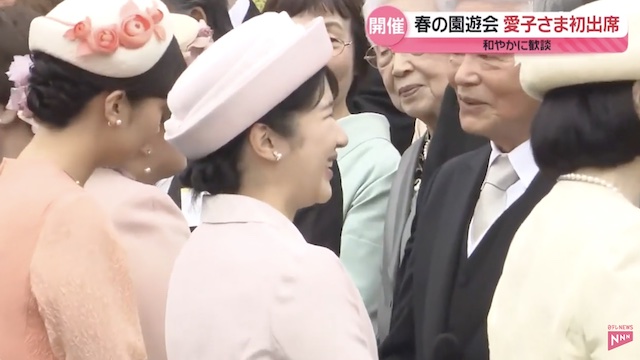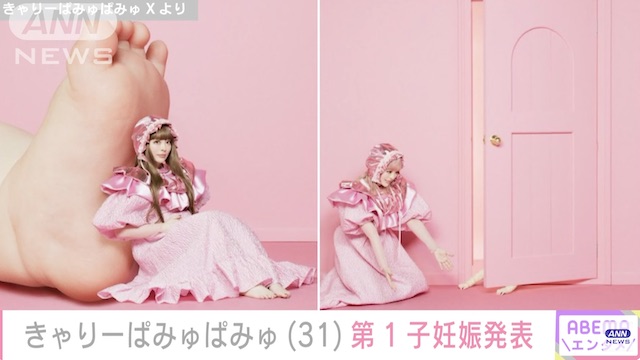Sep 06 (Japan Times) - It’s not an exaggeration to say many Japanese have a complex about speaking English. Most Japanese study English for three years in junior high school as a requirement, and those who graduate from university will have studied the language for 10 years. Yet many Japanese say they’re not good at speaking English.
The blame in part lies with Japan’s university exam system and high school education program, which put too much emphasis on passing university entrance exams. The current unified English exams use computer-graded answer sheets and mainly measure reading and listening skills, and not speaking or writing.
To nurture students who can communicate better in English, the education ministry will make a drastic shift in Japan’s standardized university admission exam system and utilize tests operated by private institutions starting in fiscal 2020. It’s being questioned, however, whether this decision is wise and feasible.
To test four key English skills — reading, writing, listening and speaking — the ministry has selected seven English proficiency tests operated by private institutions for use in university admissions. They include TOEFL, which is administered by Educational Testing Services of the United States, the Cambridge English test and Japan’s Eiken test.
Students will be able to take any of the private English tests twice between April and December during their final year of high school. Testing companies will send the candidates’ results to the National Center for University Entrance Examinations, which will then forward the test scores to universities on behalf of the students.
The new benchmark is not binding and the degree to which private sector test results are incorporated by universities may vary. In fact, many universities have not yet disclosed whether they will utilize the new tests. Given this situation, it is difficult for high school students to start preparing for the exams, and going ahead with the new system in April appears to be risky and premature.
Growing opposition among education experts is adding fuel to the fire. In June, a group of university professors submitted a request to the Diet not to use the private sector tests for university admissions, saying they have different characteristics and serve different purposes, and therefore they are not appropriate for standardized criteria in university admissions.
Under the new system, the scores of different English proficiency tests will be standardized by the Common European Framework of References for Languages (CEFR), which categorizes results into six different levels. For example, students who scored at least A2 — the second-lowest English proficiency level given by CEFR — should be eligible to apply for national universities. But ways to categorize the different test results into CEFR levels have been criticized for not being based on scientific data.
In July, the operator of the Test of English for International Communication (TOEIC), which had been designated to be part of the new standardized entrance exam system, announced that it will not participate because the process is too complicated. This decision was a blow to students who were preparing for the new exam system.









